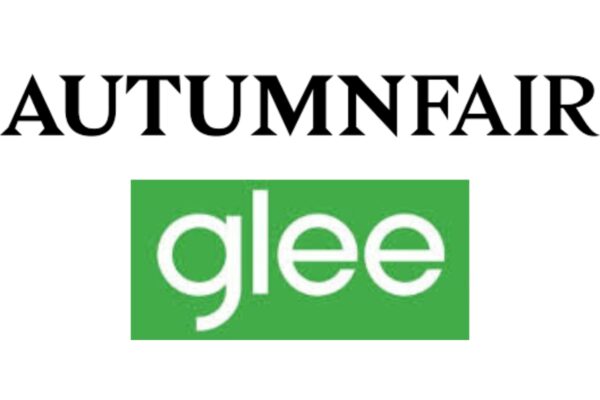The British Independent Retailers Association (Bira), has produced a set of guidelines to help members prepare for Brexit, which may or may not happen on October 31 (it is still not clear to GGR that it will). The government has provided some general guidance for the retail industry on what to expect after the given deadline and some points require action now, whether we end up with a deal or no-deal Brexit.
If you employ EU workers: If the UK leaves the EU without a Brexit deal, EU citizens who are resident in the UK will be able to apply to the EU Settlement Scheme to be awarded settled or pre-settled status, which will permit them to continue to live, work and study in the UK. Applications must be made by 30 June 2021.
If the UK leaves the EU without a deal, there will be a new process for EU citizens arriving in the UK before 31 December 2020. From 1 January 2021, a new immigration system will operate. However, there will be no change to the way EU, EEA and Swiss citizens prove their right to work until 1 January 2021. This remains the same if the UK leaves the EU without a deal. For non-EU nationals, the EU exit will not affect the application process for work visas.
Data protection: You need to continue to follow data protection law. If you operate across the EU or exchange personal data with organisations in the EEA, there may be changes that you need to make before the UK leaves. The Information Commissioners Office (ICO) has a plan of action here.
If you import and export: At the UK border there will be changes to UK-EU trade, including customs, trade tariffs and VAT, safety and security for goods, document requirements, vehicle standards and controlled products. To keep your products moving across the border, you’ll need to register for an EORI number (UK Economic Operator Registration and Identification number), decide if you want to hire an import-export agent, or make the declarations yourself and contact the organisation that moves your goods (for example, a haulage firm) to find out what information they need to make the declarations for your goods, or if you will need to make them yourself.
Travelling to the EU: In the event of a no-deal Brexit, there will be changes to travel in the EU. British passport holders travelling to the EU will need to have six months remaining validity on their passport and must not have a passport that is over 10 years old. Check your passport to see if you need to renew earlier than planned.
Driving in the EU: If you are driving your own vehicle or a hire vehicle in the EU in a no-deal scenario, you will need an International Driving Permit (IDP) and a Motor Insurance Green Card to continue to drive. IDPs are available from the Post Office for £5.50. To obtain a Motor Insurance Green Card, contact your vehicle insurer.
Consumer rights: The government has taken steps to ensure that UK consumers will retain the protections they currently have when buying from UK businesses. This means making certain changes in UK legislation through the EU Withdrawal Act to ensure that the law operates effectively after exit. There may be an impact on the extent to which UK consumers are protected when buying goods and services from the EU. The laws of those states are similar but may differ in some areas to UK law. UK consumers will no longer be able to use the UK courts effectively to seek redress from EU-based traders, and if a UK court does make a judgement, the enforcement of that judgement will be more difficult.
In addition, there will no longer be reciprocal obligations on the UK or EU member states to investigate breaches of consumer laws or take forward enforcement actions. The government has taken steps to ensure that we will still be able to use the Alternative Dispute Resolution process in the same way when buying and selling in the UK.
Visit: https://www.gov.uk/guidance/the-retail-sector-and-preparing-for-eu-exit or https://www.gov.uk/business-uk-leaving-eu for specific information for your sector.












